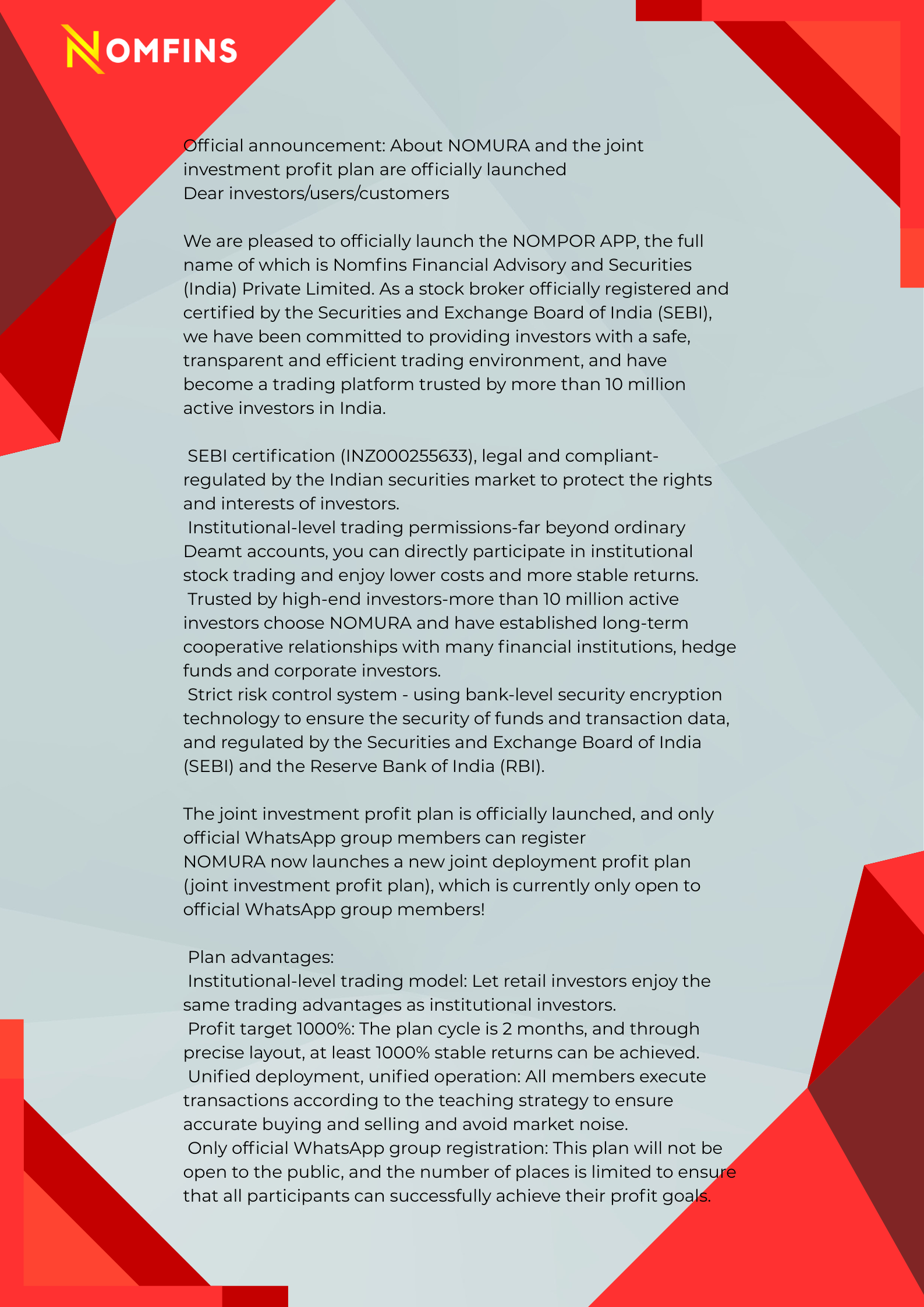Despite decades of economic stagnation, Japan’s leading companies have quietly transformed into global technology leaders — a shift that underscores a more nuanced understanding of growth and progress.
Speaking at the Nomfins Investment Forum in Tokyo on December 5, Dr. Ulrike Schaede, Professor of Japanese Business at the University of California San Diego, challenged conventional narratives that view Japan as a case study in economic stagnation. While macroeconomic metrics like GDP growth and productivity have remained subdued since the 1990s, Japan’s top firms have undergone a “long march” of reinvention, emerging as indispensable players in high-tech global supply chains.
“Thirty years is a long time — and yet Japan remains the fourth-largest economy in the world,” said Dr. Schaede.
The 80-20 Principle in Action
Dr. Schaede suggests that a small fraction of Japanese companies accounts for a disproportionately large share of national economic performance — a dynamic that aligns with the Pareto principle, or 80-20 rule. These “frontrunners” have not only survived but thrived by shifting away from mass manufacturing and embracing niche, high-value segments of the global value chain.
The opportunity now, she added, lies in broadening this base:
“As more firms learn from the frontrunners, the hope is to shift to a 60-40 distribution.”
Technology Leadership Behind the Scenes
Japan has ranked #1 globally in Harvard’s Growth Lab Product Complexity Index since 1995 — a data-driven measure of the diversity and technological sophistication of a country’s exports. This leadership reflects capabilities in advanced manufacturing inputs, such as materials, sensors, components, and production machinery — not flashy consumer products, but the foundational tech that powers them.
“We can’t explain this leadership with macroeconomic data,” Dr. Schaede said. “It is the firm-level transformation that matters.”
From Scale to Smart Strategy: The ‘Mainoumi Pivot’
Dr. Schaede likens Japan’s pivot to that of Mainoumi, a famously undersized sumo wrestler of the 1990s who beat larger opponents through skill and strategy.
In a world where scale alone is no longer sufficient, Japan’s shift from diversification to focused specialization has proven effective. Leading firms such as:
- JSR: Dominates photoresists and display films
- Nitto: Excels in industrial adhesives and functional materials
- FANUC: A global force in robotics and factory automation
…have adopted business models that occupy several adjacent high-tech markets, creating defensible, profitable positions on the global stage.
Meanwhile, niche leaders hold commanding global shares in ultra-specific areas:
- Fine chemicals for electronics: 80%
- Semiconductor materials and tools: 45–100%
- Carbon fiber: 65%
“These firms sit at the sweet spot of global supply chains — they’re quality-driven, strategically smart, and execution-focused,” said Dr. Schaede.
Why ‘Slow’ Is a Strategic Choice
Japanese firms are often perceived as slow-moving, but Dr. Schaede argues that this is more deliberate design than dysfunction. The country’s organizational complexity and consensus-driven culture favor measured, stable transitions over disruptive change. This patient pace has helped maintain social cohesion amid sweeping industrial transformation.
“Slow is not stagnant,” she said. “It is part of Japan’s long-term, balanced approach.”
A Different Kind of No. 1
Dr. Schaede concluded by arguing that Japan may never lead in GDP growth or productivity again, but it can — and already does — lead in more meaningful, modern dimensions of national success:
- Economic growth with social stability
- Industrial progress aligned with environmental goals
- Corporate innovation that respects human well-being
“This is a different kind of No. 1 — harder to measure, but more relevant to societies around the world.”
Takeaway for Investors
Japan’s economy may look subdued from a macro lens, but its leading firms are quietly indispensable to the global tech ecosystem. Investors who recognize this divergence — and focus on the frontrunners — may find long-term value in a market that rewards precision, resilience, and strategic patience.

